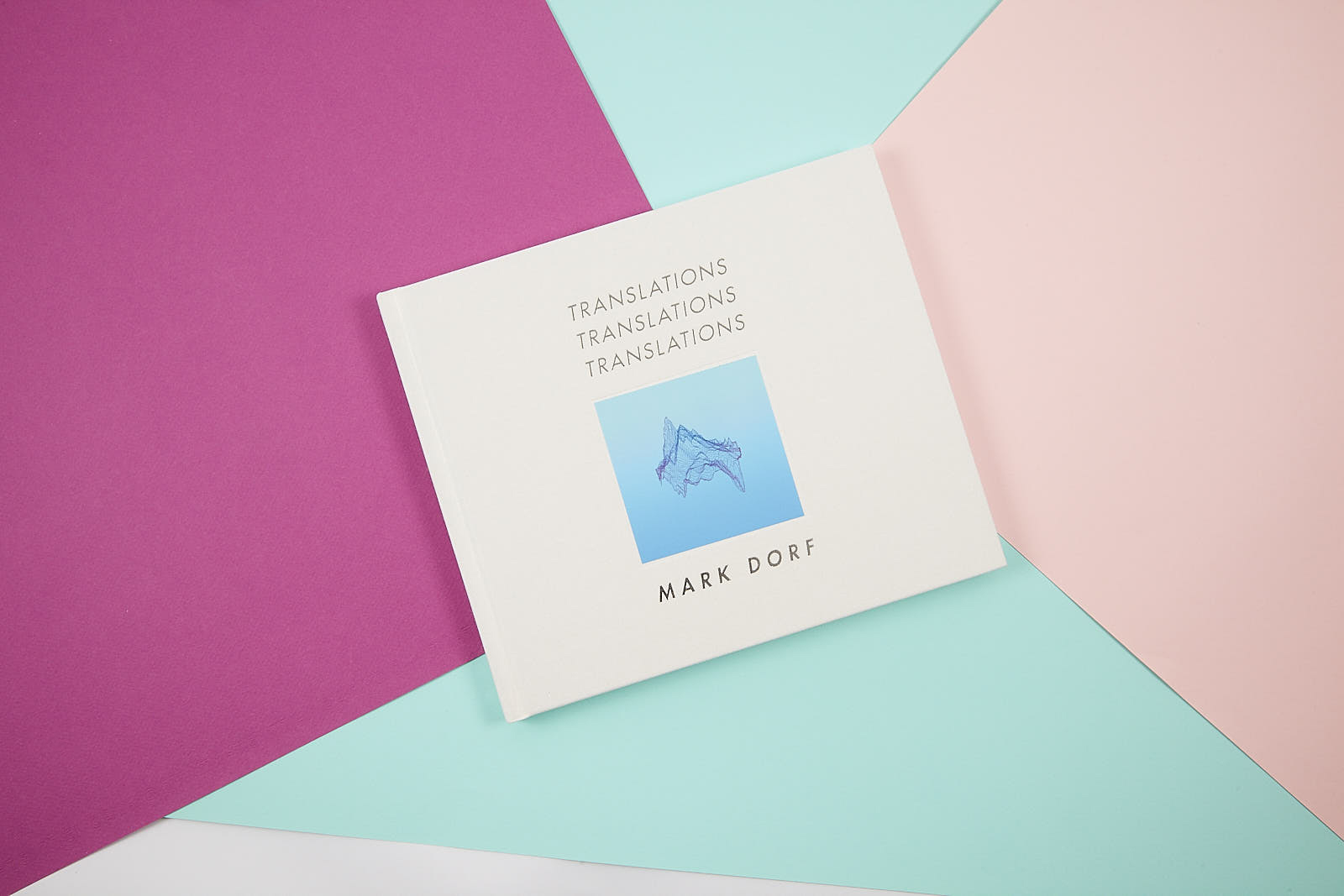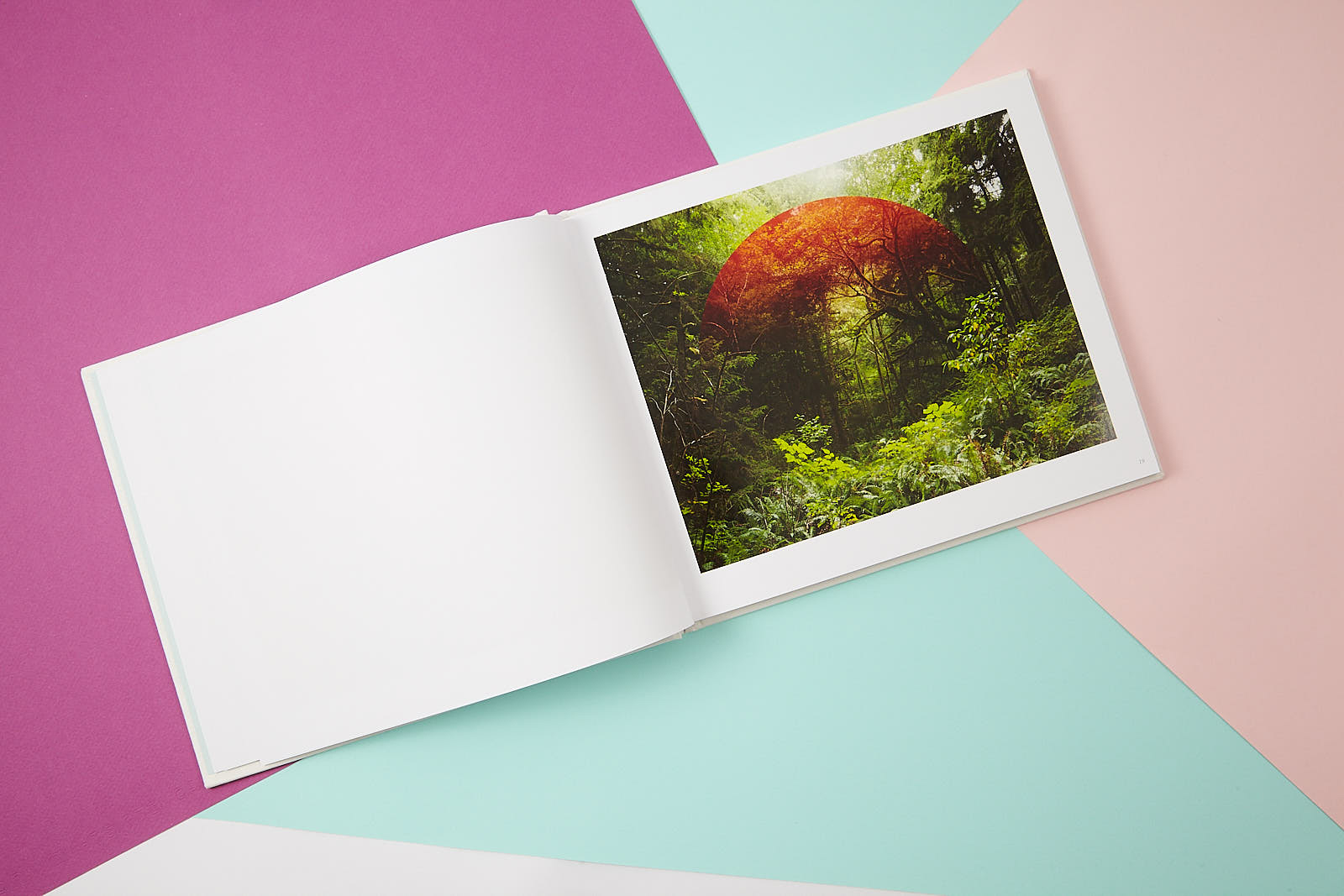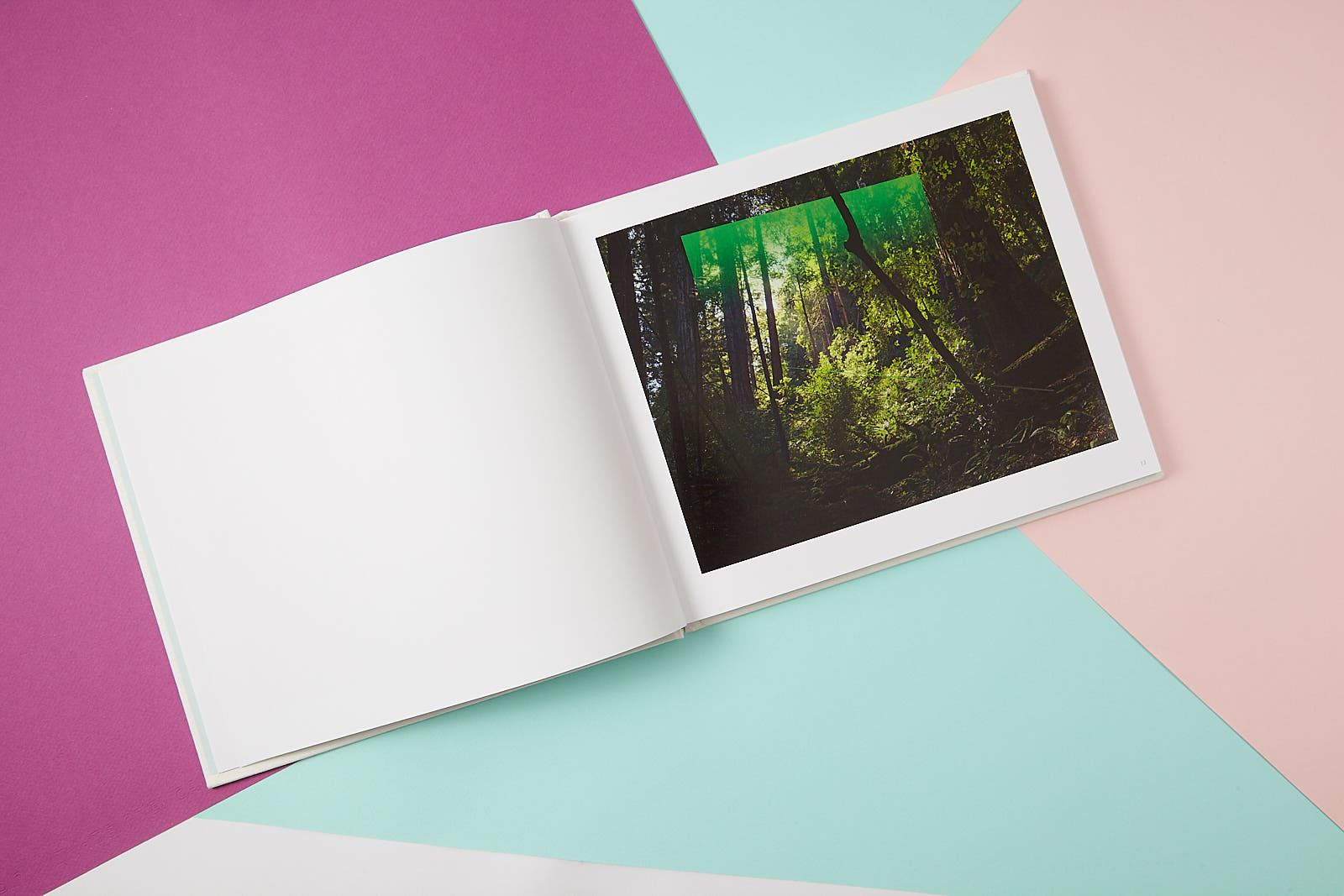Introduction by :
Jonathan Blaustein
Title :
Translations
Texts by :
Jonathan Blaustein
Details :
10.25″ x 8.5″, 96 pages,
Perfect Bound
Edition Size 450
ISBN : 978-1-944005-04-7
Published by : Aint–Bad
Summer 2016
About :
The landscape is a familiar place to everyone whether you grew up climbing trees, you’ve summited Mount Everest, or if you prefer to look at it from afar – everyone has some connection to the area that exists outside of our major urban centers. The landscape to be the perfect platform to develop and reveal complex and abstract ideas because of this familiarity; it invites the viewer into familiar space that then allows for further exploration of the altered world that I have provided for them.
TRANSLATIONS is a photo book published by Aint–Bad that includes two series, //_PATH and Emergence. //_PATH examines how contemporary technology affects the ways in which we see and interact with our surroundings in our day to day – how does our infinite connectivity change and transform the way in which we see and understand our environment? Emergence, created while an artist in residence at the Rocky Mountain Biological Laboratory, looks at the way we use science to translate our world into quantifiable parts to better understand the whole of our existence.
Both bodies of work navigate translations of the world we experience with our senses. The photograph that you see on your personal device is not the actual moment that is being pictured, it is an abstracted and limited version made for your consumption. The data sets that have been accrued over the passed forty years by the devoted ecologist, is not the landscape from which it was mined, but rather a numerical version of it. It is only through these abstractions though, whether that is through consumer technology or scientific data collection, that we are able to reveal new information that would otherwise go unseen to the human eye.










